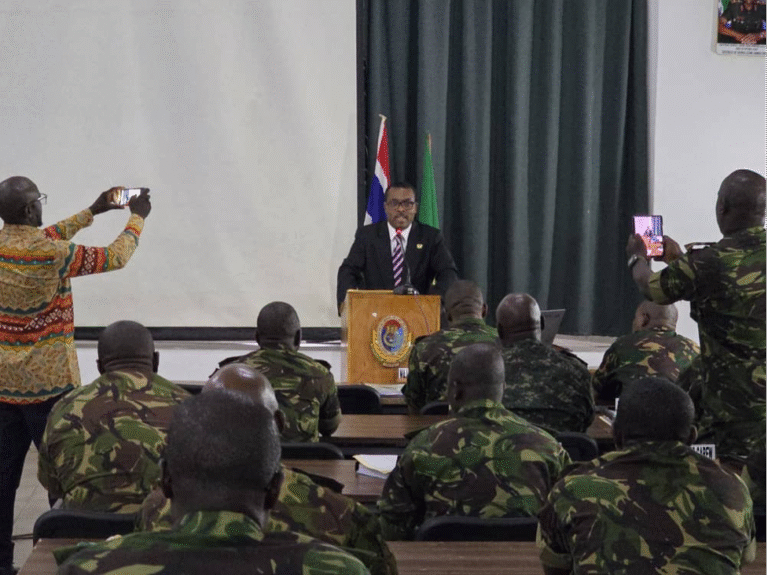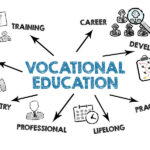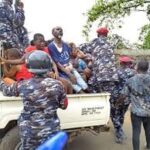By Saidu Dumbuya
In 2025, the fact that tens of thousands of Sierra Leoneans in Rokuprr and its surrounding communities in Kambia District still live without access to safe drinking water is nothing short of a national disgrace.
The consequences are not abstract. Residents lived daily in sickness, hardship, and indignity.
Despite billions allocated over the years for water supply projects, the Rokuprr Town Water Supply Facility, once built to serve more than 50,000 people, lies abandoned. The oversight visit on Friday 22 August 2025 by the Parliamentary Committee on Water Resources and Sanitation, chaired by Hon. Abdul Karim Kamara (AKK), revealed a site in ruins: stolen equipments, overgrown dams, buildings engulfed by grass, and the facility itself now misused as a storehouse for palm kernels and other farm produce.
“The equipments have been stolen, the security assigned there has absconded, and the entire site is left in ruin and disarray,”* MPs declared after their inspection.
The engineers responsible admitted to the committee that no funds have been forthcoming to maintain or operate the facility, leaving it defunct for years. Shockingly, they explained that even basic security collapsed when the guard went on leave and never returned, an excuse that underscores the depth of neglect.
Regarding the Human Cost, for the people of Rokupr, this is not just about a broken facility. It is about lives cut short by preventable illnesses. With the water plant abandoned, communities are forced to rely on boreholes and untreated stream water for drinking, cooking, and sanitation purposes. Typhoid, cholera, and waterborne diseases are constant threats. Children and the elderly suffer most, while impoverished families are dragged deeper into hardship by recurring sickness.
What makes the situation more shameful is that residents have been living this way for years. Successive governments and NGOs have made promises, yet access to clean water instead of improving rather worsening.
Why This Cannot Continue, in 2025, in a country that has committed to the Sustainable Development Goals and to “Water for All,” no community should be left drinking from streams. Water is not a luxury; it is a fundamental human right and the cornerstone of public health. Without it, sanitation fails, disease spreads, and dignity is eroded.
Hon. Kamara and his committee have called on the government to act urgently. “Water is life,” they stressed, urging the administration to prioritize immediate rehabilitation of the Rokupr facility and to ensure accountability for funds already allocated.
Until then, Rokupr remains a tragic example of how mismanagement in the water sector translates directly into human suffering. Every day the facility remains in ruins, lives are placed at risk and in the 21st century, that is indefensible.







